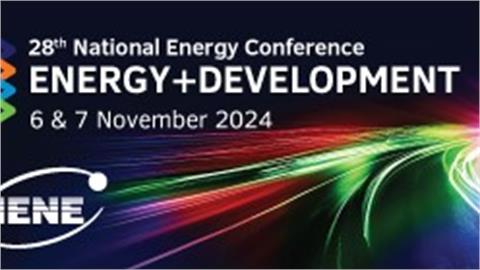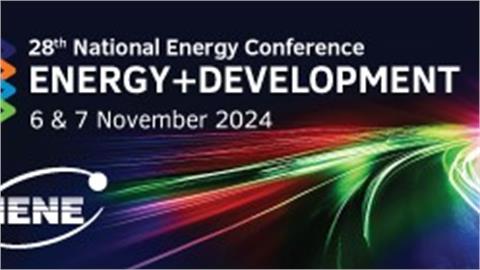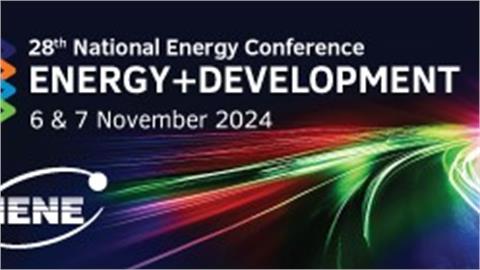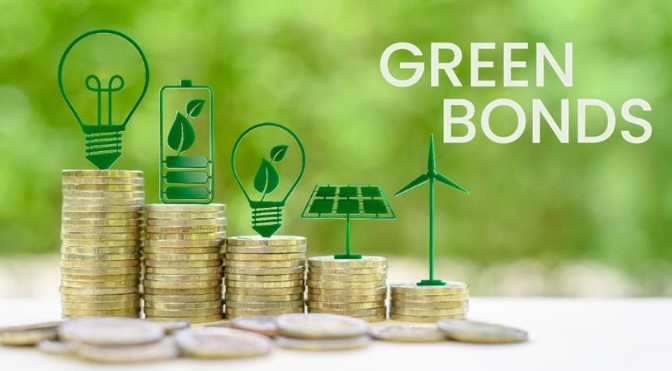Speaking at the 12thTurkish International Oil and Gas Conference, TUROGE 2013, in Ankara last week, IENE’s Executive Director Mr. Costis Stambolis proposed the setting up of a regional Gas Price Hub with the active participation of Turkey.
As Mr. Stambolis observed in his presentation(see full text here), the growing volumes of transported gas through Turkey and other countries in SE Europe over the past few years and the opening up of alternative routes (see TAP, W. Nabucco, TANAP, South Stream) and new delivery points (i.e. land based LNG terminals and FSRU) are bound to increase competition both in terms of supplies and prices. Latest European gas market experience has showed that the setting up and operation of gas hubs and the ensuing electronic trading has greatly improved market transparency and price competition. The lower gas prices now prevailing in the UK and continental European markets have acted as pressure points for the re-negotiation of take or pay oil indexed long term gas contracts with major suppliers such as Gazprom. Already some European utilities have benefited from improved price schemes and payment terms.
According to IENE’s Executive Director, as SE Europe is evolving into an important gas transit region with ever increasing of flows of gas, the creation up of a regional Gas Price Hub could help achieve gas price competition and price transparency through appropriate price setting mechanisms. Turkey’s role and contribution in developing and operating such a hub could prove pivotal in view of the large gas volumes involved in its domestic market and the transiting nature of its gas grid. Cooperation with Bulgaria and Greece, countries which are also expecting higher gas demand and are already (as is the case of Greece) or will be (in the case of Bulgaria) connected with Turkey via interconnectors, is both desirable and necessary. A regional gas price hub initially supported by all three countries, but also by other peripheral players at a later stage, could prove an important asset in attracting further investment in the SE Europe’s gas sector.
In his presentation which can be seen here, Costis Stambolis made ample reference to North West European experience in the setting up and operation of gas hubs and cited several examples of successful European gas hubs. He made particular reference to the Oxford Institute of Energy Studies and their pioneering work on gas price decoupling and the role of gas hubs. The research undertaken by the Oxford Institute, observed IENE’s Executive Director, provides a most useful background and helps explain the considerable benefits to be expected from the operation of gas hubs.
Rounding up his presentation, Mr. Stambolis announced that IENE has already commenced the preparation of a pre-feasibility study for the establishment of SE European gas hub. Among other tasks the study will determine the most suitable type of gas hub and will also determine its characteristics. The study shall also seek to describe the operational model to be adopted and the proposed company structure which will own and run the hub on a day to day basis. From the very start close cooperation should be sought with the various stock exchanges, mainly, Istanbul Exchange (ISE), the Athens Exchange (ASE) and the Bulgaria Stock Exchange (BSE). Setting up the proposed gas hub, observed the Executive Director of IENE, should be a commercial rather than a political exercise, although governments should be fully informed of the process. Because of its commercial nature, key market participants including all major energy companies should be encouraged to get involved in the process of setting up the "gas hub” right from the start.
In his concluding remarks Mr. Stambolis said that IENE is keen to offer its good offices for the convening of an ad hoc group of industry representatives from different countries in the region to study the concept of a regional gas hub. He also invited Turkish organisations and companies to participate in this ad hoc group and also actively contribute in the preparation of the pre feasibility study currently under preparation. Upon completion of the above pre feasibility study, noted IENE’s Executive Director, the Institute could organise a special presentation to Turkish industry and government representatives in Ankara or Istanbul and hence to have the benefit of a much needed feedback, a necessary step in the long process of setting up a regional gas hub.



